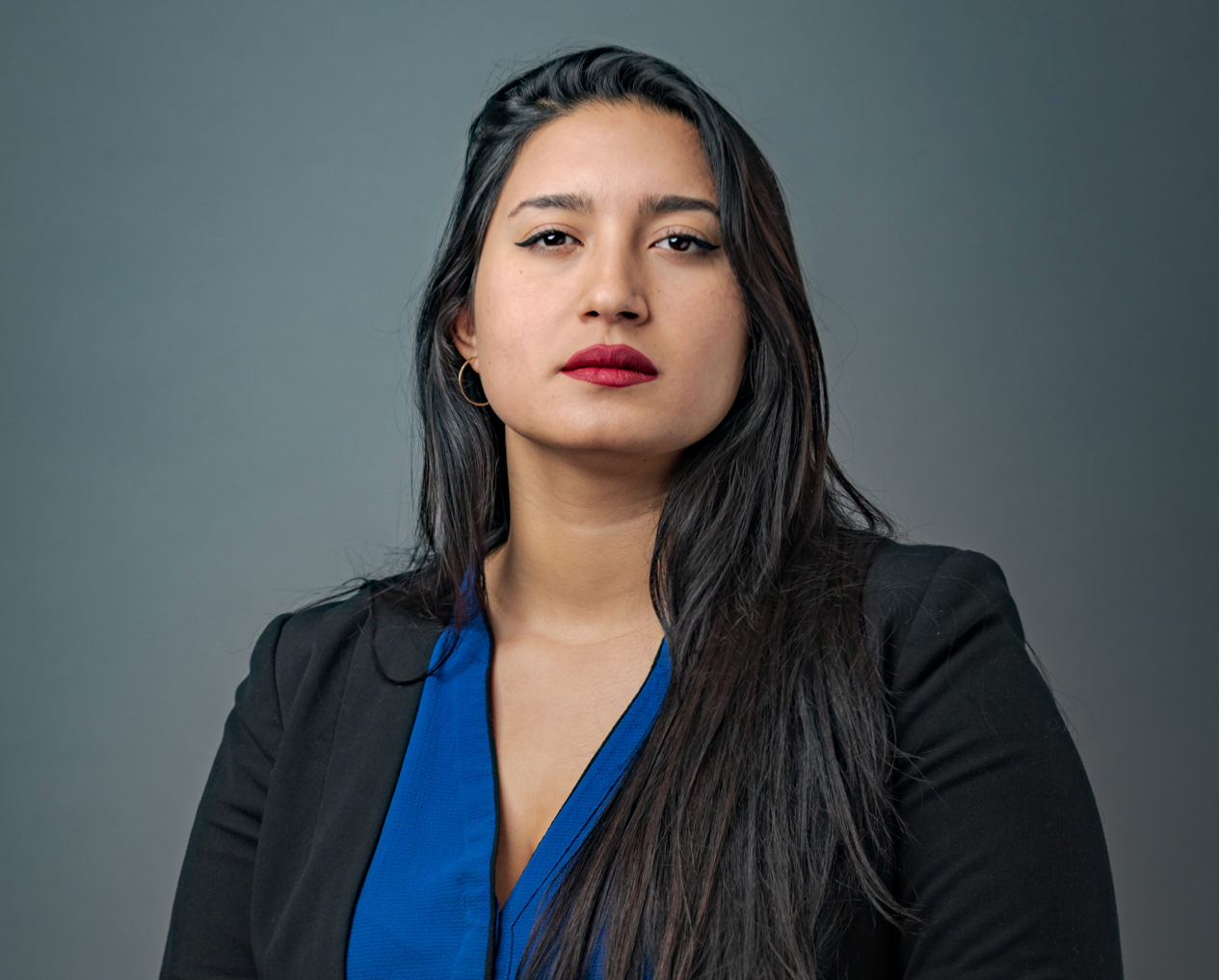Poverty and Trafficking in Women
Date:

Racha Haffar is a young women’s rights and anti-human trafficking activist from Tunisia. She is the founder and president of ‘Not 4 Trade,’ the first anti-human trafficking NGO in her country. She is a member of UN Women’s Youth Gender Innovation Agora and was recently appointed as one of the Arab States representatives for the Beijing+25 Youth Taskforce, a group of young leaders from around the world who will support and guide UN Women’s efforts to place young people at the centre of the Beijing+25 process.
As noted by feminist scholar Valentine M. Moghadam there is a gender dimension to poverty that we can refer to as “the Feminization of Poverty.” This has emerged after the growth in the number of women who are living in poverty. The majority of the 1.5 billion people living on 1 dollar a day or less are women[1].
The past decades have witnessed the growth in the cycle of poverty as well as the gap between women and men. Worldwide, women earn on average less than 50 per cent of what men earn.[2] This goes back to the fact that women are frequently marginalized in their respective societies and are denied access to education, credit, land and inheritance.
When women are deprived of economic opportunities, it is very difficult for them to change their situation, consequently they remain poor, and this challenge pushes them indirectly into the webs of traffickers.
The Beijing Platform for Action (BPfA), adopted in 1995 at the Fourth World Conference on Women, called for countries to “undertake legislative and administrative reforms to give women full and equal access to economic resources, including the right to inheritance and to ownership of land" as an acknowledgment of the gender dimension of poverty and as a means to overcome it by improving the status of women.
In 2019, similar challenges remain. Many women and girls around the world do not have access to education, proper healthcare or employment. In the quest for a positive change in their lives, seeking a source of income, they can become victims of trafficking and all kinds of abuse and exploitation. Women risk everything to find a source of income abroad to survive and support their families. This frequently includes resorting to smugglers who may eventually traffic them.
Unjust and frequently illegal practices of paying women lower wages, using them in hard agricultural jobs and forcing them into domestic work, just because of the stereotype that housework is women’s work, further complicates their situation.
Trafficked women are seen by the people who control them as cheap, easier to dominate and more submissive. Consequently, the ‘demand’ grows, and the number of female victims of trafficking grows accordingly.
When women find themselves socially or financially tied to men, they can become more vulnerable to trafficking in patriarchal societies. In Tunisia, many young girls seek refuge from their family control, as they do not have the freedom to decide on many aspects related to their own lives. For them, seeking a job in other countries or regions, seems like the open door that never existed at home.
However, when they find themselves under threat with their passports confiscated, obligated to work in nightclubs and other places where they are exposed to different kinds of abuse and exploitation, they realize their loss.
In my opinion, if these women had not faced social, political and economic inequalities in their country, they would not have looked for better chances abroad and they would not have become victims of trafficking. Furthermore, if the recommendations made in the Beijing Platform regarding human trafficking were properly implemented, many women could avoid falling in the web of this crime.
Read more from the author here.
Disclaimer: The information and views expressed in our Beijing+25 Youth Voices page by youth from the Arab States region are those of the authors and do not necessarily represent the views of UN Women, the United Nations, or any of its affiliated organizations.
----------------------------------------------------------------------------------------------------
[1] Valentine M. Moghadam, «SHS Papers in Women’s Studies/ Gender.» 2003, http://www.cpahq.org/,6 January 48
2015<http://www.cpahq.org/cpahq/cpadocs/Feminization_of_Poverty.pdf
[2] Idem